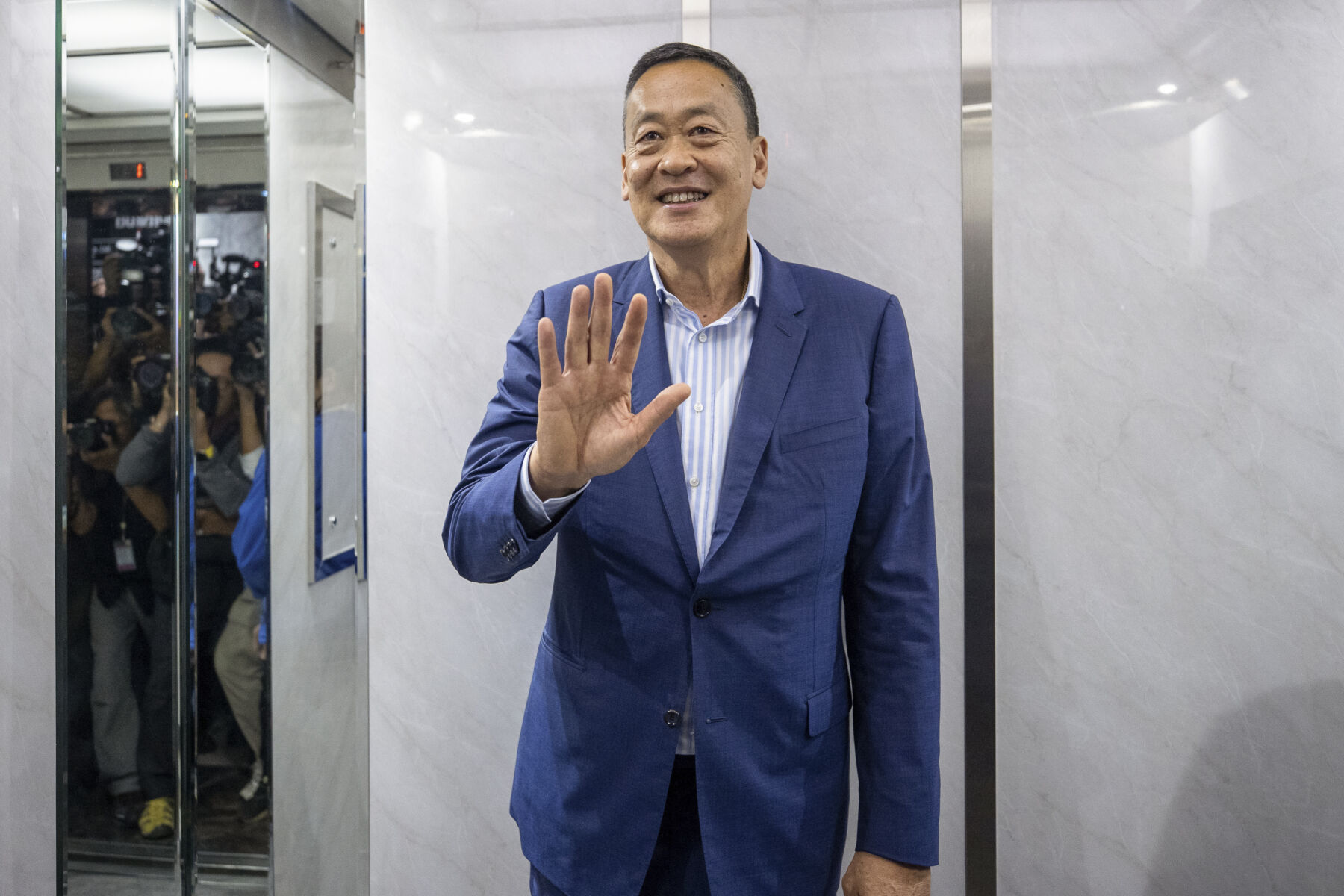New era in Thailand: Srettha Tavisin voted 30th Prime Minister of Thailand

Thailand can finally hail a new leader after Pheu Thai Party candidate Srettha Tavisin secured enough votes from members of the National Assembly of Thailand to become the kingdom’s 30th prime minister.
Today, August 22, marked a day of significance for Thailand, as the nation witnessed two important events. Leading the headlines was the return of a former Thai PM, Thaksin Shinawatra, after living in exile for 15 years. The 74 year old former PM arrived in Thailand at about 9am today and is now in the custody of the Department of Corrections.
The spotlight also shone on the future of Thailand as Parliament sat for the third time to select a new PM.
Before proposing the PM candidate, Move Forward Party (MFP) MP Rangsiman Rome urged Parliament President Wan Muhammad Nor Matha (Wan Nor) to reconsider MFP leader Pita Limjaroenrat as PM.
Wan Nor denied the request and did not allow Rome to clarify his request. The decision caused consternation with another MFP MP, Theerat Phantamart, who stood up and protested against Wan Nor’s decision, accusing the president of holding a bias against the MFP.
Wan Nor aggressively ordered Theerat to take back his accusation as it sullied his reputation. Theerat refused. Wan Nor then turned off Theerat’s microphone to stop him from speaking.
Rome chose to withdraw his request, effectively defusing the situation. With this, Wan Nor shifted the meeting agenda to the PM candidate proposal.
Taking the floor next was the leader of the Pheu Thai Party, Chonlanarn Sikaew. Chonlanarn proposed Srettha as the PM candidate according to an agreement made with 10 coalition parties.
The gathering witnessed the attendance of 747 MPs and senators, meaning that Srettha needed to secure a minimum of 374 votes to emerge victorious.
Before voting, Wan Nor allowed each member to express their opinions through a five hour debate. During the session, representatives from the MFP and Fair Party announced that their parties and members would not support Srettha. They asserted that the coalition’s alignment with Srettha ran counter to the will of the people and perpetuated the political framework crafted by the National Council for Peace and Order (NCPO).
The vote started at 10am and ended at 5.30pm. Srettha had garnered ample support from the members of the National Assembly, securing his position as prime minister. He gained 481 votes from the members, 330 from MPs and 151 from senators. Among 474 members, 165 voted no and 81 opted for neutrality.
From a BBC Thai report, Srettha disclosed that he would never take any other political positions except that of PM. He also refused positions related to the economy. He emphasised several times in interviews that he dreamt of being a PM who made changes to the country.
The election campaign of 10,000 baht digital currency which was promoted by Srettha generated significant attention and questions. Srettha clarified that the Pheu Thai Party intended to distribute digital currency to all Thai citizens aged 16 and above, to stimulate local commerce.
The origins of the campaign budget and other intricacies remain shrouded in mystery. Neither Srettha nor the party has yet provided the public with comprehensive clarification on these matters.
Latest Thailand News
Follow The Thaiger on Google News:


























